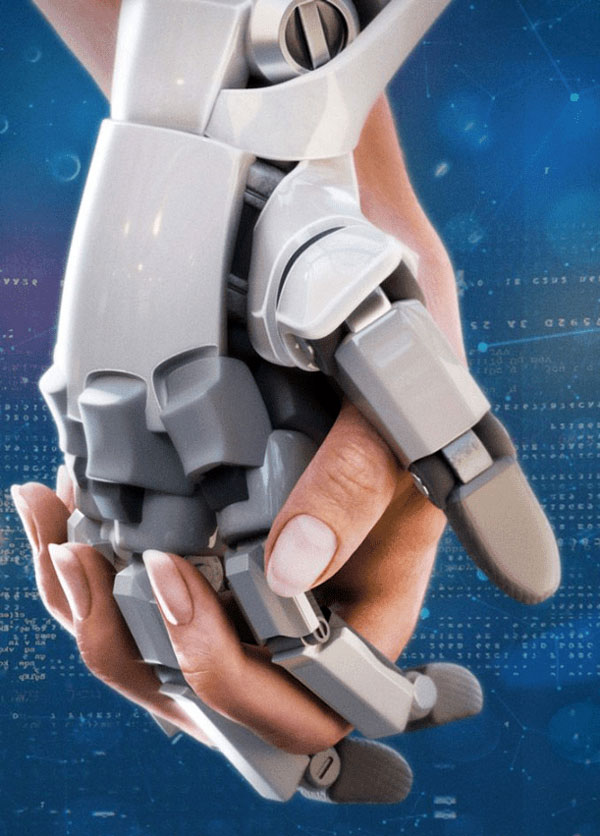Much has been written about the construction industry’s struggle to keep pace with other major industries in terms of productivity.
Projects run late, over budget, encounter disputes between project partners and leave many builders fighting to maintain reasonable profits.
The adoption of technology is usually presented as a solution. Certainly there have been several advances in project design and construction management tools that fit within the definition of BIM and digital twinning. Robots, drones and 3D printing technologies have enormous potential as well.
However, many companies lack the resources for implementation across their operations.
Enter Artificial Intelligence (AI).
No single development has created as much excitement, interest, or indeed concern, as AI. For the construction industry, most experts see a promising future.
AI has the potential to integrate with and improve many of today’s building processes and technologies. It can speed up and potentially improve the quality of design and blend with 3D modelling and digital twin prediction platforms to deliver more consistent and trouble-free outcomes.
Design firms are beginning to dip their toes into AI waters, although with care.
In an with the Houston Business Journal, Wes Good, president and CEO of Texas-based Kirksey Architecture, said his firm is testing but not using AI “in any specific way on projects.”
He expressed concern over the legalities surrounding an open web-based AI protocol.
“I think you’ll see us first using it in the design phase to generate broad, big picture ideas as it relates to building.”
AI’s promising future goes beyond the very large and complex issues of design and project construction monitoring. It can help firms of all sizes address everyday yet critical administrative back-office tasks.

At the proposal stage, AI tools can speed up searches and consider data from previous bids and project engagements to fine-tune the requirements in a new RFP.
Construction companies can then use AI to craft their submissions. AI models can learn from past work to better understand supply chains, schedules and margins to draft optimal proposals and to navigate the complex regulations and requirements that affect design and building plans.
Projects underway can benefit from AI functionality by addressing procurement, task prioritization, scheduling, cost estimation, resource allocation, risk management and analyzing drone data.
Large Language Models (LLM) used within the AI realm can streamline communications between project partners by recording and quickly summarizing meeting minutes.
In his review of discussions during Building 2030 Week held in Finland in early September, Aarni Heiskanen, managing partner at AE Partners, of the LLM achievements made by , a Helsinki-based housing, renovation, commercial construction firm.
CIO said his company had logged 1,300 workplace safety observations over the past 12 months. LLMs had analyzed and summarized the most critical for quick resolution. He predicted within a year, construction companies will start extending LLM’s capabilities to internal policy, compliance and other documents.
The hype surrounding AI is intense and enthusiasm is high. However, if the U.K. is any indication, construction isn’t quite ready to jump on board.
In a recent survey of U.K. construction leaders by international software solution firm , 76 per cent of respondents reported a high level of readiness for AI adoption. Yet over 40 per cent said their legacy technology landscape is hindering progress in adopting and deploying AI, and expressed uncertainty about AI’s potential within their businesses. Less than 30 per cent felt AI would boost product or service innovations and create consistent growth opportunities.
Fears of employment disruption always follow discussions of AI. However, as pointed out in a from the Contech Crew, jobs at risk will be largely “manual, low-level data entry, administration, and mathematics.”
“Technological advancements don’t signify that people’s jobs are just eliminated,” it continued.
“Realistically, AI will augment their positions. AI and the information it can process frees up workers to focus on high-level tasks. These new tasks can be genuinely engaging, and the problems they’re solving can feel quintessentially human.”
John Bleasby is a freelance writer. Send comments and Inside Innovation column ideas to editor@dailycommercialnews.com.



Recent Comments
comments for this post are closed